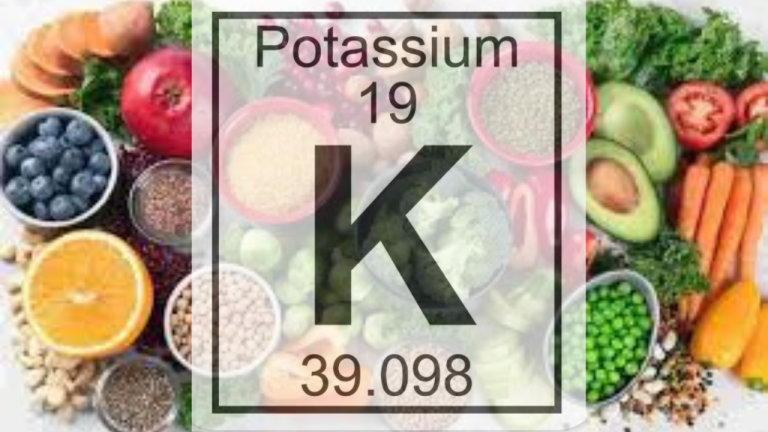Can You Eat Fruit on Sugar Detox?

When it comes to a sugar detox, the approach can vary depending on the specific program or guidelines you choose to follow. However, most sugar detox programs do allow the consumption of whole fruits in moderation. Here’s why:
Natural Sugars: Fruits contain natural sugars, primarily fructose. While fructose is a form of sugar, it is naturally occurring and comes bundled with essential nutrients, fiber, and antioxidants found in fruits. These nutrients contribute to overall health and can help counterbalance the potential negative effects of sugar.
Fiber Content: Fruits are generally high in dietary fiber, which can help slow down the absorption of sugars into the bloodstream. The fiber content in fruits promotes feelings of fullness and helps regulate blood sugar levels.
Nutrient Density: Fruits are packed with vitamins, minerals, and antioxidants, making them a nutritious choice. They provide important nutrients that support overall health and well-being.
While fruits can be included in a sugar detox, it’s essential to consider portion sizes and choose fruits wisely. Here are a few tips to keep in mind:
Focus on Whole Fruits: Instead of consuming fruit juices or dried fruits, opt for whole fruits. Whole fruits provide more fiber and fewer concentrated sugars than juices or dried versions.
Choose Lower Sugar Fruits: Some fruits are lower in sugar content compared to others. Berries (such as strawberries, blueberries, and raspberries), apples, pears, and citrus fruits tend to be relatively lower in sugar compared to tropical fruits like bananas, pineapples, and mangoes. However, even higher-sugar fruits can be enjoyed in moderation as part of a balanced diet.
Practice Portion Control: While fruits are generally healthy, it’s still important to moderate your intake, especially during a sugar detox. Aim for 1-2 servings of fruit per day and focus on a variety of colorful fruits.
Pair with Protein or Healthy Fats: To help further balance blood sugar levels and enhance satiety, consider combining fruits with a source of protein (e.g., Greek yogurt) or healthy fats (e.g., nuts or seeds).
Remember, a sugar detox is typically a short-term strategy to reset your taste buds, reduce cravings, and develop healthier eating habits. It’s always a good idea to consult with a healthcare professional or registered dietitian before starting any restrictive dietary plan to ensure it aligns with your specific needs and health goals.



